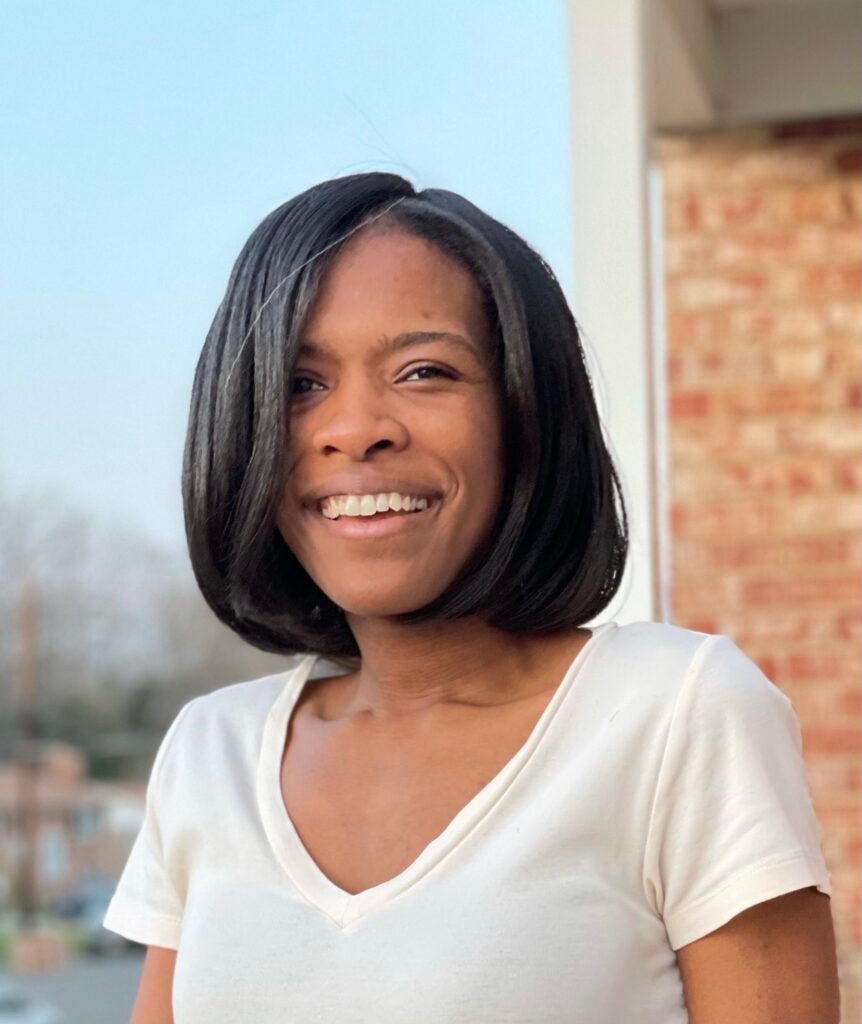by Lexi Butler J.D.’21

On a Saturday morning, my phone began to vibrate, and my client’s name flashed across the screen. He had never called me before – I had always been the one to call him – and immediately, I was concerned. When I answered the phone, he seemed flustered, as he began to explain something that had come up in relation to his case. Luckily, we were able to resolve the problem pretty quickly and without issue. At the end of our conversation, he thanked me for picking up.
As I reflect on this interaction and on my time at the Criminal Justice Institute (CJI), I’ve realized how I’ve come to truly appreciate that effective advocacy begins with a commitment to your client. My client’s simple expression of gratitude had made that crystal clear.
In the classroom portion of the clinic, Professor Dehlia Umunna always emphasized that while we should always strive to deliver strong work product, being an effective advocate requires more. What CJI has reiterated is that zealous advocacy of course happens in the courtroom, but sometimes, the most impactful work takes place outside the presence of a judge or a jury. Whether it’s the willingness to answer the phone and listen or to spend an extra 45 minutes reviewing the argument you’re going to make in court the next morning, zealous advocacy is the resolve to connect with the people you represent and to infuse every step you take on behalf of your client with empathy. Professor Umunna and our clinical instructors embody these very principles, practicing what they preach and as a result, providing endless opportunities to learn and grow.
As my time at CJI comes to an end, I think back to how nervous I was when I first started the clinic. As someone who had never worked in public defense before, I didn’t quite know what to expect. Needless to say, when it came time for my first Zoom court appearance, I was a bundle of nerves in a suit. We were only asking to continue the case to a further date, and I knew I was prepared thanks to my clinical instructor, but my mind raced with a series of “what ifs.” What if I said the wrong thing? What if I made a mistake? What if that mistake hurts my client? Eventually, the clerk called my client’s case, I turned on my camera, I unmuted and within minutes, the hearing was over.
Two weeks ago, I had my final court appearance. The nerves were still there, but this time, I fully trusted myself. Trusted that I was fully prepared, trusted that I knew the case well, trusted that my commitment to my client would guide me through even the most nerve-wracking or difficult of situations.
Filed in: Clinical Student Voices
Tags: CJI, Class of 2021, Criminal Justice Institute, Lexi Butler
Contact Office of Clinical and Pro Bono Programs
Website:
hls.harvard.edu/clinics
Email:
clinical@law.harvard.edu